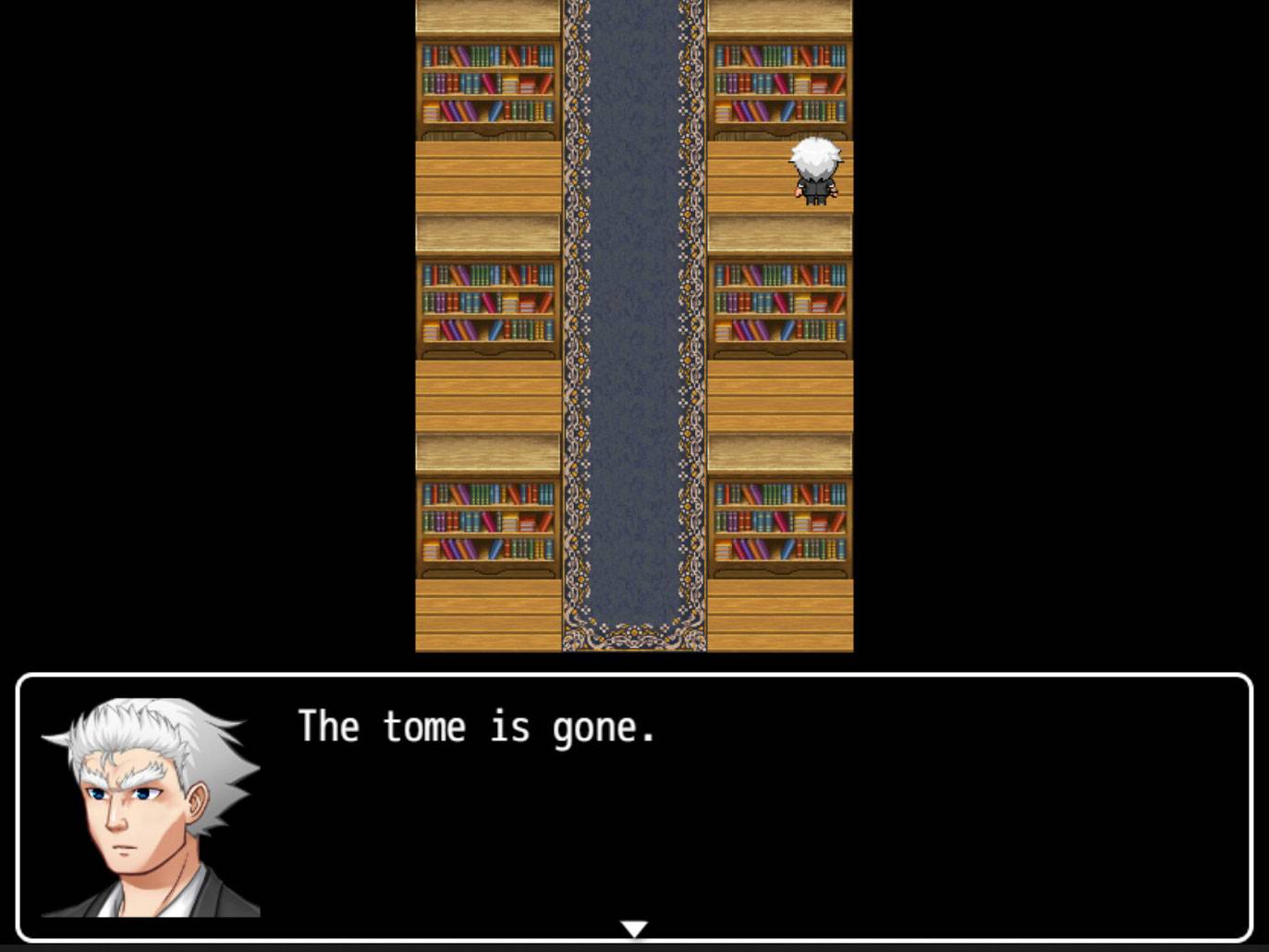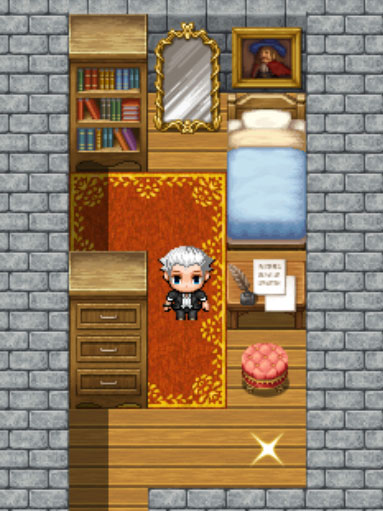Visiting Assistant Professor of Philosophy Toby Svoboda has released “The Life of Arthur,” a story-based video game on the life of philosopher Arthur Schopenhauer (1788–1860).
Schopenhauer is best remembered for his pessimist worldview, expressed in The World as Will and Representation (1818).
“He defends a kind of philosophical pessimism — I don’t exactly accept that, but I find it fascinating,” says Svoboda. “Maybe accepting the truth, even if it’s ugly, can bring us solace. The medium of a game allows us to play with that.”
Unlike other games, “The Life of Arthur” is not combat-based. The story starts simply: it begins as Arthur, a student, searches for a lost file at his university library. But in the stacks, he suddenly discovers a dark secret about his school — one that will lead the player down a mysterious path of choose-your-own-adventure decisions.
In Schopenhauer’s shoes, these decisions come with complications. Players must rely on their wit to solve puzzles and arrive at one of two potential endings to Arthur’s story.
“Schopenhauer had faults as an individual, and he was pretty envious and arrogant,” says Svoboda. “So as players experience his personal life, it’s up to them to interpret what it means and what to make of it.”
This way of thinking infuses his game with an almost magical-realist style according to Svoboda, who composed an eerie, whimsical soundtrack to accompany it.
The release, available on Steam, represents Svoboda’s most recent engagement with the philosopher. Next up: a book on ecological pessimism, featuring Schopenhauer. This subject, among others, plays a part in the environmental ethics course Svoboda teaches. Students consider how ethical reasoning influences environmental policies and practices; how should we approach topics such as extinction, climate change, and consumption?
Perhaps a “Life of Arthur II”?
“A lot of games are just for fun, and that’s fine,” says Svoboda. “But there's no reason that games can't also challenge us philosophically.”

